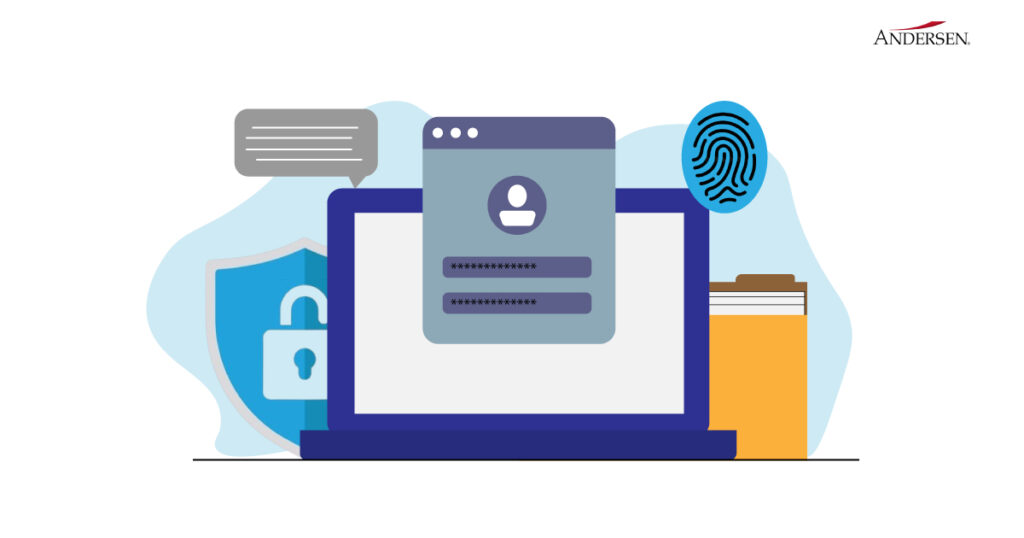In recent years, thermal cameras have become increasingly common in Georgia across various industries, including hospitality, retail, transportation, and corporate offices. Initially popularized during the COVID-19 pandemic as a tool for temperature screening, these devices continue to be used today for health, safety, and security purposes.
While thermal cameras can help businesses identify potential risks and ensure workplace safety, their use also involves the collection and processing of sensitive personal data. This raises important questions about compliance with Georgia’s personal data protection framework and the responsibilities of businesses to safeguard individuals’ rights.
Legal Framework in Georgia
The Law of Georgia on Personal Data Protection governs the collection, storage, and use of personal data. Businesses are required to respect the dignity and privacy of individuals and may process data only under limited conditions, such as with consent, a legal duty, or for reasons of public interest.
Sensitive data requires written consent or must fall under specific exceptions outlined in the law. At all times, data processing must follow the principles of fairness, proportionality, accuracy, and adequacy.
Practical Considerations for Businesses
Thermal screening itself does not raise major compliance issues. However, businesses should take specific steps to reduce risks:
- Deactivate all camera features unrelated to temperature screening.
- Restrict access to personal data to essential staff only.
- Block external network access to connected computers.
- Use password protection on all devices linked to thermal cameras.
- Assign unique usernames and credentials to authorized staff.
- Log and record all actions involving personal data.
Challenges and Outlook
Because thermal screening is relatively new, there are still no detailed national guidelines on its implementation. Businesses may need to address situations on a case-by-case basis. Staying informed, reviewing security measures, and training staff on proper data handling are essential for compliance.
Conclusion
Thermal cameras help businesses meet health regulations, but they also create data protection responsibilities. By implementing strict security measures and respecting legal principles, businesses can ensure compliance while protecting both health and privacy.
Navigating the intersection of technology, health regulations, and data protection can be challenging. At Andersen, we advise businesses on implementing practical, compliant solutions that meet both regulatory requirements and operational needs.

